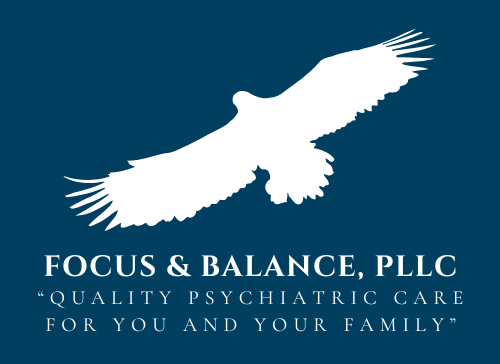July is National Minority Mental Health Awareness Month
A time to shine a light on the unique mental health challenges faced by minority groups and to promote equity in mental health care. Disparities in access, stigma, and systemic barriers often prevent minority communities from seeking or receiving the support they need. This month, let’s commit to fostering understanding, breaking down barriers, and advocating for mental health equity.
Here are a few ways to promote awareness and support during National Minority Mental Health Awareness Month:
- Talk About Mental Health: Open conversations within your community about mental health challenges, stigma, and the importance of seeking support. Sharing experiences can normalize seeking help and foster understanding.
- Educate Yourself and Others: Learn about the cultural and systemic factors that influence mental health for minority groups. Knowledge is a powerful tool for change.
- Advocate for Equity: Support policies and programs that reduce disparities in mental health care and improve access to culturally competent resources.
Mental health is for everyone. By standing together and embracing inclusion, compassion, and action, we can help ensure that no one feels left behind in their mental health journey. Let’s honor National Minority Mental Health Awareness Month by fostering understanding, reducing stigma, and promoting hope for all.
Did You Know?
Approximately 1 in 5 U.S. adults experiences a mental health condition yearly, but minorities face unique challenges due to systemic inequities, stigma, and limited access to culturally responsive care.
Discrimination, socioeconomic stressors, and language barriers often worsen mental health struggles, while stigma can discourage seeking help. Equitable support and culturally competent resources are essential to addressing these disparities.
Learn more at www.minorityhealth.hhs.gov.


